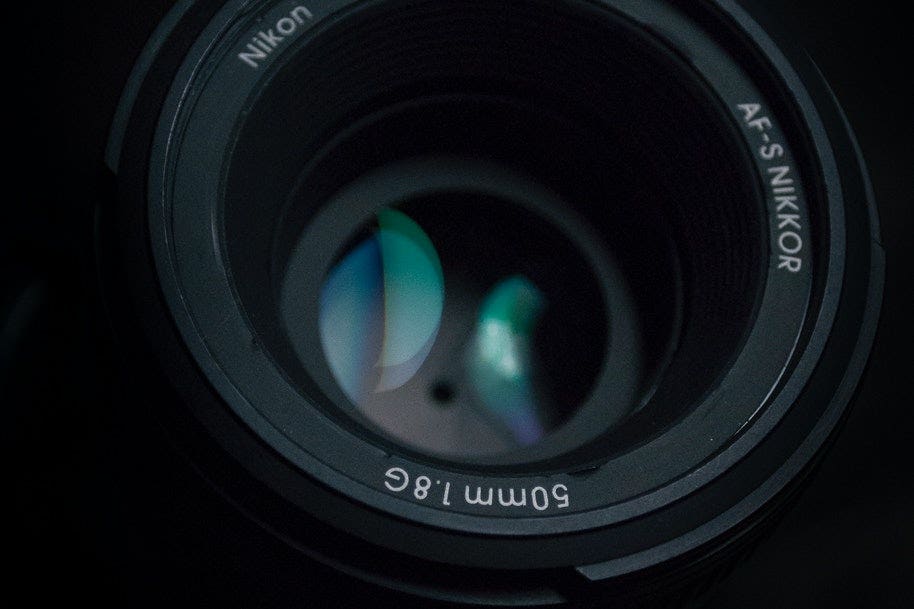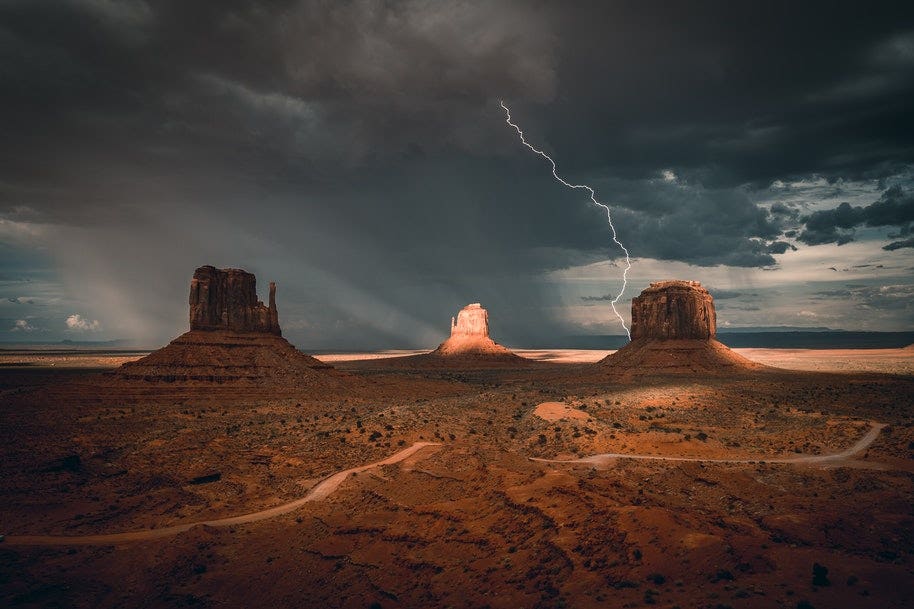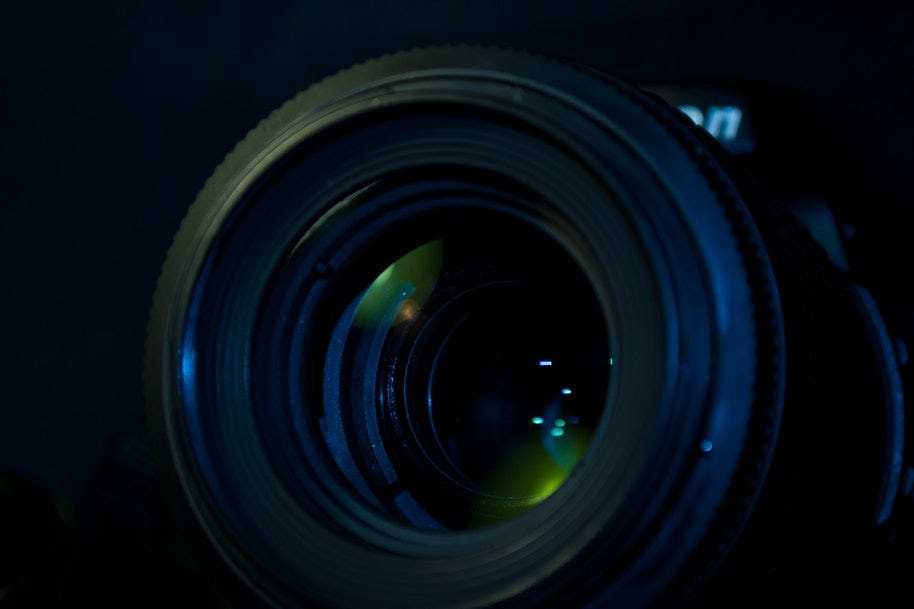
One of the most important decisions you’ll need to make when buying a new camera is whether to buy a camera with a crop sensor or a full frame sensor.
What is a Sensor?
A sensor is the rectangular component in the camera that reads and records the image according to the light coming through the lens. The larger the sensor, the more light you can capture, increasing the quality and detail in your image.
Full frame sensors are larger than crop sensors but that doesn’t necessarily mean they’re better for you. Each sensor size comes with its own pros or cons that depend entirely on your own needs.
We’ve entered into the crop sensor vs full frame sensor debate and provided a comparison to help you determine which sensor might be best for you.
What is the Difference Between a Full-Frame and a Crop Sensor?
“Crop” and “full-frame” refer to the size of the camera sensor. A full-frame sensor is a digital sensor that replicates the size of classic 35mm film cameras (36 x 24mm).
A crop sensor is smaller, which means it crops the edges of your photo to produce a tighter field of view. The extent of this crop is called the crop factor. There’s no standard size or crop factor for a crop sensor—it varies among brands.
Full frame cameras contain the largest standard sensors you can buy (aside from highly specialised medium format cameras). Their larger size means a full frame sensor can capture more detail and greater sharpness than a crop sensor camera, making them the most popular sensor for professionals. But they are also more expensive.
You’re most likely to find professional full frame DSLRs, but there’s now a growing range of professional full frame mirrorless cameras. Crop sensors are more commonly found in mid-range cameras that suit photographers starting out in their journey.
Crop Sensors Explained
Crop sensor is a simple term used to describe any sensor that is smaller than a full frame sensor. The two most common crop sensors are APS-C sensors and Micro Four Thirds sensors (most typically found in Panasonic and Olympus cameras).
Types Of Crops Sensors
Micro Four Thirds sensors use a standard crop factor of 2x while the crop factors of APS-C sensors varies between brands:
| Camera make | Type of crop sensor | Crop factor |
| Canon (majority) | APS-C | 1.6x |
| Nikon | APS-C | 1.5x |
| Sony | APS-C | 1.5x |
| Panasonic | Micro Four Thirds | 2x |
| Olympus | Micro Four Thirds | 2x |
Is a Full-Frame Sensor Really Better Than a Crop Sensor?
It depends on the level of photography you engage in and the type of photography you prefer. While full-frame sensors perform better in low light or in capturing detail, you may be just as satisfied with a crop sensor camera, especially if cost or weight is a big deal for you.
Below, we’ve listed how the full-frame sensor compares against a crop sensor in different areas.
Dynamic Range
The dynamic range (the complete range of exposure values in an image) is typically higher in a full-frame camera, meaning you can shoot images with higher contrast.
Plus if you accidentally overexpose or underexpose your photo, you have more detail to edit with to fix up the blow-out.
Low Light Performance
Thanks to its larger size, a full frame camera usually produces sharper, clearer, and more detailed images in low light photography. Since the sensor can capture more light, you also won’t need to crank up the ISO so your images will have less grainy noise.
Depth of Field
Full frame cameras are more capable of capturing a shallower depth of field, which means more beautiful, creamy bokeh in the background shots for portraits.
Wide Field of View
Having crop factor (with a crop sensor) means a tighter field of view. If you shoot landscape photography where you want wide shots to capture the vast surroundings, a full frame camera is far more likely to get the job done.

But this can easily work against you as well. If you prefer to fill the lens with a tighter viewpoint, the crop factor might actually benefit you. Having a crop sensor increases the reach of your lens, a big bonus in wildlife or sports photography.
Overall Image Quality
Full frame cameras are still the chosen option among professional photographers thanks to their ability to meet the high standards of resolution and detail, especially for producing print photography in larger sizes.
Weight
When it comes to weight, there’s no getting around the fact that full frame cameras are heavier. A full frame sensor adds bulk, so if portability is a priority, a camera with a crop sensor might be a more natural pick for you.
Price
Full frame cameras require a greater investment than crop sensor cameras. And their compatible lenses can often be even pricier so if you’re not making money from the art and investment is an issue, a crop sensor camera will serve you just as well.
Can I use a Full Frame lens on a Crop Camera?
Crop sensor cameras and full frame cameras have their own unique interchangeable lens ranges but fortunately, full frame lenses can be used on crop sensor cameras (though not vice versa).

This means that if you think you might upgrade your crop sensor camera to full frame in the future, it may be best to start buying the full frame lenses now so you don’t have to replace your whole kit.
Just note that you’ll get a cropped field of view if you use a full frame lens on a camera with a crop sensor.
To figure out what the real angle of view will be, just multiply the crop factor magnification amount by the focal length of the lens. For example, a 50mm full frame lens on a crop sensor camera (with a 1.5x crop factor) will act as a 75mm lens.
Understanding Lens Ranges By Brand
Camera brands have specific acronyms to denote whether a lens is designed for a full frame camera or a crop sensor camera so make sure you get the right lens for your sensor!
| Lens make | Acronym for full frame lens range | Acronym for crop sensor lens range |
| Canon | EF | EF-S |
| Nikon | FX | DX |
| Sony | FE | DT or E |
| Pentax | FA | DA |
| Sigma | DG | DC |
| Tamron | Di | Di-II |
Finding the Right Sensor Size for Your Needs
While cameras with full frame sensors remain the preferred option for professional photographers, cameras with crop sensors can easily serve the needs of many everyday photographers.
Not sure whether a crop sensor or full frame camera is better for you? Visit us in store to chat with one of our expert team members and weigh up (literally!) the pros and cons of each camera type.
Discover more useful articles below:
What Camera Do Professional Photographers Use?
What Are Megapixels & Do They Matter?
Prime Lenses vs Zoom Lenses: Which Should I Buy?
Are Camera Lenses Interchangeable?
